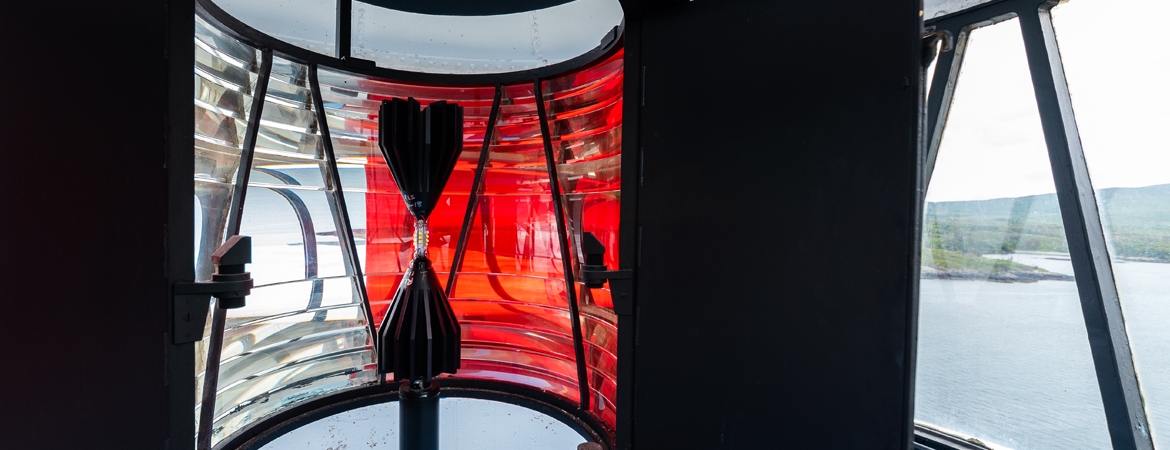It will be important to ensure collaboration and alignment of Ireland’s interests at national and international level to deliver improved benefits in terms of safety of navigation.
The primary equipment carried on commercial vessels is mandated through International Maritime Organisation (IMO) Conventions. For many other vessels earlier adoption of alternative systems is possible. While this can be beneficial there are also risks in the use of unofficial systems and data, particularly in safety sensitive situations. In these circumstances it is important that organisations such as Irish Lights are engaged with providers and users to ensure appropriate use of emerging technologies.
Emergence of new technology is a key driver of our strategy and will require close contact with all vessel user classes, and with system providers, to ensure the opportunities and risks are understood and that services provided by Irish Lights are being used in the manner intended.
The International Association for Marine Aids to Navigation (IALA) continues to lead the international standardisation of Marine Aids to Navigation. The modernisation of aids to navigation has necessitated increasing cooperation between IALA, and other organisations involved in maritime safety and standardisation. IALA works closely with other international organisations such as the IMO, the International Hydrographic Organisation and the International Telecommunications Union. It will be important to ensure collaboration and alignment of Ireland’s interests at international level to deliver improved benefits in terms of safety of navigation.
There are a number of technological advances in train that will impact on ships and trade within and beyond the period of this strategy. The mandatory implementation in January 2024 of the IMO Maritime Electronic Single Window for port entry is a clear indicator that shipping is moving towards an automated data exchange environment.
The S-100 Universal Hydrographic Data Model being introduced by the International Hydrographic Organisation will enable IALA and Irish Lights to cater for future demands for digital products and services. Potential services include Aids to Navigation, Traffic Management, Marine Protected Areas, and Maritime Safety Information. Irish Lights is involved in the definition of these data models through its work with IALA and will also work closely with the competent authorities in Ireland to support the implementation of these developments.
The IMO Global Maritime Distress and Safety System review highlighted the impact modern communication systems such as Low Earth Orbit Satellite Networks, and terrestrial technologies like VHF Data Exchange System, and Long-Term Evolution wireless communications standard , can have on maritime safety. As these future technologies are approved for use and carriage by the IMO, Irish Lights must be ready to include their use in our aids to navigation services.
The development of an IMO Code for Marine Autonomous Surface Ships (MASS) is well advanced. While this will initially be a voluntary code for ships other than passenger ships, a mandatory code could be in place by 2032. The work on MASS will see the emergence of improved sensor technologies which could improve safe navigation on all ships. This will parallel ongoing work on maritime digitisation related to passage planning, route exchange and Vessel Traffic Management System. All of these developments impact on the work of Irish Lights and are included in this strategy.


